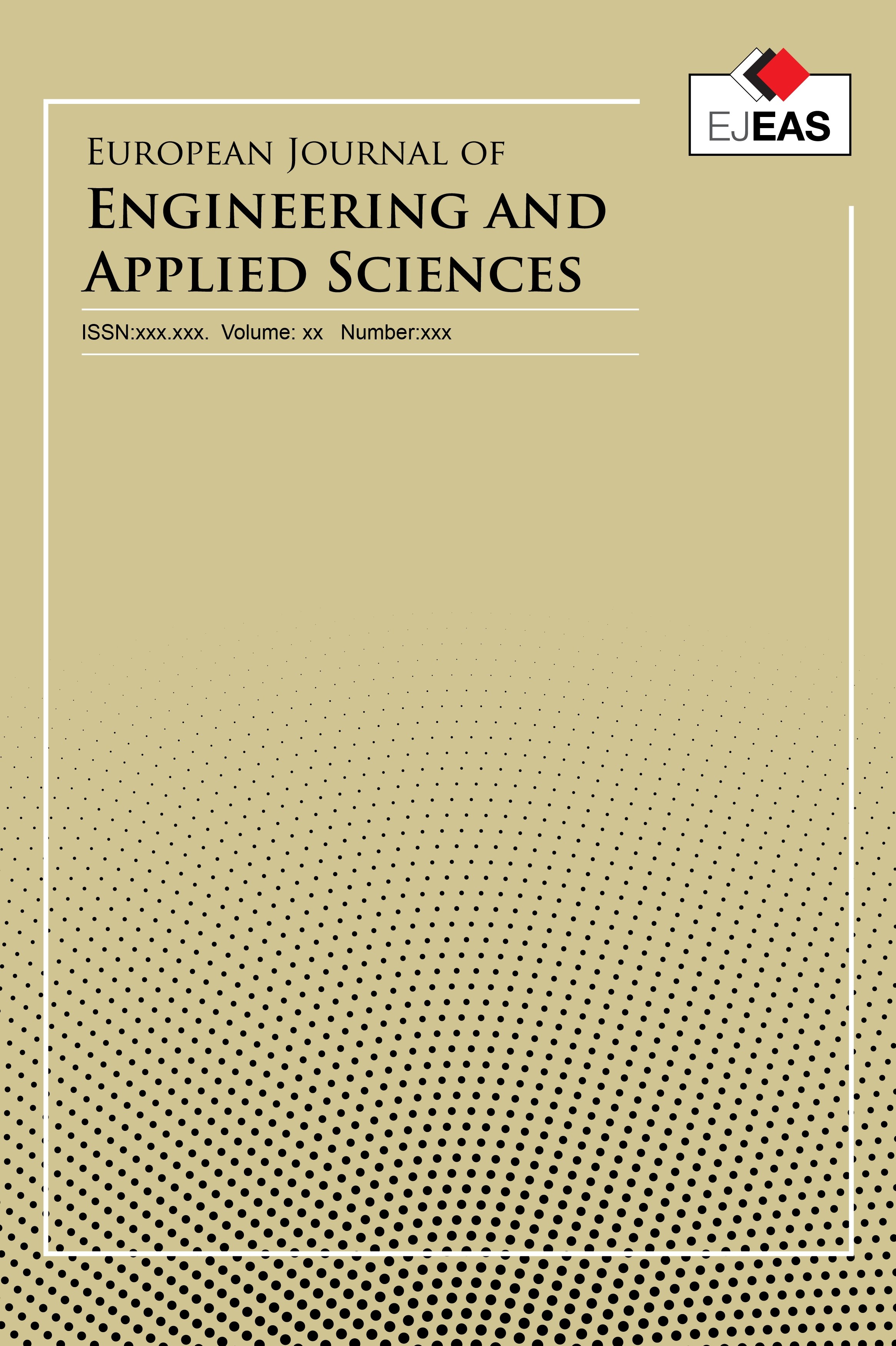Plastik Poşet Zararlarını Önleme ve Tüketici Bilinci Oluşturma Üzerine Bir Çalışma
Çevre kirliliği, Plastik poşet, Poşet atık önleme, Tüketici bilinci.
A Study on Plastic Bag Damage Prevention and Consumer Awareness
___
- [1] Bansal, P., & Roth, K. (2000). Why companies go green: A model of ecological responsiveness. Academy of Management Journal, 43(4), 717-736.
- [2]Cameron Richards,&Irina Safitri Zen. (2016). From surface to deep corporate social responsibility: The Malaysian no plastic bags campaign as both social and organizational learning", Journal of Global Responsibility.7(2),275-287. https://doi.org/10.1108/JGR-04-2016-0010
- [3]Carrol, A., B.(1991). The Pyramid of Corporate Social Responsibility: Toward the Moral Management of Organizational Stakeholders. Business Horizons, 34(4),9-48.
- [4]COG Staff (2012). Plastic Bag Report (Prepared for Metropolitan Washington Council of Governments Chesapeake Bay and Water Resources Policy Committee Prepared by COG Staff, Department of Environmental Programs).
- [5] Gürcüm, B., Yıldırım,H. ,&,Yeşil,R. (2018). Pazarlama ve Dünyadan Bir Yeşil Tekstil İşletmesi: Ecoalf, International Journal of Social Science ,68:221-233.
- [6]Kamaruddin,R., & Mazila ,Y. (2012). Selangor Government’s “No plastic Bag Day” Campaign: Motivation and Acceptance Level, Procedia - Social and Behavioral Sciences 42:205 – 211. doi: 10.1016/j.sbspro.2012.04.183.
- [7]Kara, H.(2011). Naylonların ve Plastiklerin İnsan Sağlığına Zararları.http://m.degisimmedya.com/yazar.
- [8] Neyim, C. (2002). Türkiye’de Evsel Nitelikli Katı Atıklar. Çevre ve Sürdürülebilirlik Paneli, Çevko Vakfı. http://www.cevko.org.tr/images/stories/donusum/14.pdf
- [9]Nhamo, G.(2008). Regulating Plastics Waste, Stakeholder Engagement,and Sustainability Challenges in South Africa, Urban Forum. 19:83–101.DOI 10.1007/s12132-008-9022-0
- [10] Ritch,E., Brennan, C., & MacLeod, C.(2009). Plastic bag politics: modifying consumer behaviour for sustainable development. International Jounal Of Consumer Studies, 33(2),168-174.
- [11]Safitri Zen, I.S., Tjahja, A.,& Tjahja, A.(2016). Redefining the Role of Supermarket Corporate Social Responsibility (CSR) in the Context of No Plastic Bag Campaign in Malaysia. In International Conference on Sustainable Development and Livelihoods, ICSDL 2016
- 12]Şener, A.,& Hazer, O. (2007). Değerlerin Kadınların Sürdürülebilir Tüketim Davranışı Üzerindeki Etkilerine İlişkin Bir Araştırma. Hacettepe Sosyolojik Araştırmalar E- Dergisi.http://www.sdergi.hacettepe.edu.tr/De.pdf.[20.06.2007]
- [13]Suki ,N.,M.(2013). Green Awareness Effects On Consumers’ Decision: Some Insıghts From Maaysia. IJAPS, 9(2). 49-63.
- [14]Yücel, F. (2003). Sürdürülebilir Kalkınmanın Sağlanmasında Çevre Korumanın ve Ekonomik Kalkınmanın Karşıtlığı ve Birlikteliği. Çukurova Üniversitesi Sosyal Bilimler Enstitüsü Dergisi, 11(11), 100-120.
- [15]www.copunesahipcik.org/plastik-poset-gercegi.
- [16]http://www.dw.com/tr/2050de-denizlerde-bal%C4%B1ktan-%C3%A7ok-%C3%A7%C3%B6p-olacak/a-18990598
- [17]http://www.bbc.com/turkce/ozeldosyalar/2015/04/150402_akdeniz_plastik
- [18]https://slideplayer.biz.tr/slide/9215487/ PLASTİKLER. P.V.C.
- [17]https://yesilgazete.org/blog/2017/09/20/turkiyede-ucretli-plastik-poset-karmasasi-2018-mi-2019-mu/
- [18]http://www.cevreciyiz.com/makale-detay/1302/plastik-posetle-vedalasmaya-hazir-misiniz
- [19]http://www.pagev.org.tr/admin/pics/dosyalar/alphan_erozturk_sunum.pdf
- [20] Ulusal Geri Dönüşüm Strateji Belgesi ve Eylem Planı (2014 -2017).T.C. Bilim ,Sanayi ve Teknoloji Bakanlığı. www.resmigazete.gov.tr/eskiler/2014/12/20141230M1-12-1.pdf
- [21] www.cevko.org.tr.
- ISSN: 2651-3412
- Yayın Aralığı: Yılda 2 Sayı
- Başlangıç: 2018
- Yayıncı: Tekirdağ Namık Kemal Üniversitesi
Yüksek Roff/Ron Oranlı Memristörler İçin Bir Test Yöntemi
Reşat MUTLU, Ertuğrul KARAKULAK
Tülay AKAN, Derman VATANSEVER BAYRAMOL
Plastik Poşet Zararlarını Önleme ve Tüketici Bilinci Oluşturma Üzerine Bir Çalışma
Elektromanyetik Dalga Yayılımının Uzaysal-Spektral Analizi
